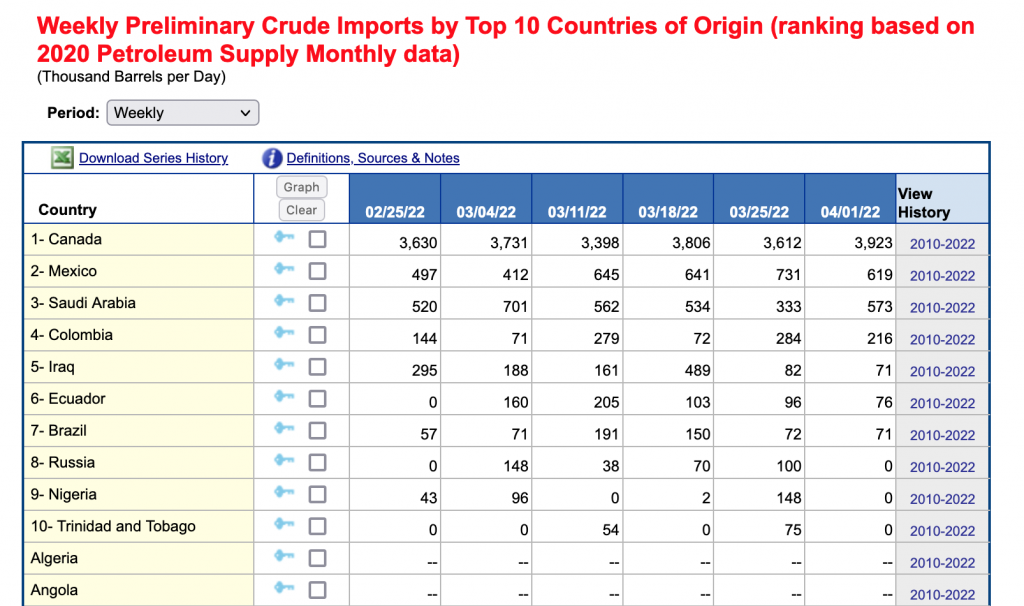The Economist has a major article discussing the fentanyl crisis. This graph has some discouraging data:
I knew about the horrific fentanyl data, but was surprised to see the huge increase in cocaine deaths. I doubt that cocaine usage has increased that dramatically in recent years. Instead, I suspect that cocaine use has become much more deadly. But why?
The graph provides a hint. Since 2013, the increase in cocaine deaths appears highly correlated with the increase in fentanyl deaths. Both lines rise modestly from 2013-15, then very rapidly from 2015-17, then a bit more slowly from 2017 to 2019, then very rapidly for three years, before slowing in 2023. One possibility is that cocaine uses are dying because their drug is adulterated with fentanyl.
The same issue of the Economist has an editorial pointing out that it is impossible to stop the flow of fentanyl into the US (despite the claims of grandstanding politicians who talk of invading Mexico to shut down drug labs.) But their policy suggestions are disappointingly weak:
And they should decriminalise less lethal drugs, such as cocaine, so as to free time and scarce funds to focus on the one that is killing Americans in droves.
This will not solve the problem shown in the graph above. Even a decriminalized cocaine market is still an underground market, with all the associated problems such as lack of quality control. Tens of thousands of Americans will continue dying from accidentally ingesting fentanyl while consuming what they thought was cocaine. This is especially disappointing given that I recall The Economist as previously being one of the few major publications brave enough to advocate the legalization of drugs.
In fairness, they may have assumed that decriminalization was the only feasible reform within the current Overton Window. Their advocacy of decriminalization was followed by this observation:
Politicians of all stripes dislike such ideas, since they appear to condone taking drugs. America’s are unlikely to try anything so radical. But fentanyl is already a problem in Canada and is spreading in Mexico, too. Even more potent synthetic opioids called nitazenes have arrived in Britain. If the world is to cope it will, like the traffickers, have to innovate.
Drugs are not an easy issue for policymakers. Because of the severe penalties associated with the use of hard drugs, there is a correlation between drug use and other problems such as crime, unemployment and mental illness. (To be clear, the correlation is far from perfect—there is a substantial number of hidden drug users with stable jobs, who don’t make the news.) If an individual state legalizes all drugs, it risks becoming a magnet for “undesirables”. That has not been a major problem with marijuana legalization, but it might have played a role in Oregon’s recent decision to reverse its policy of decriminalizing certain drugs. (Reason magazine has an alternative view.)
This is analogous to immigration. If only a single developed country adopts open borders, that country becomes a magnet for the world’s poorest people.















